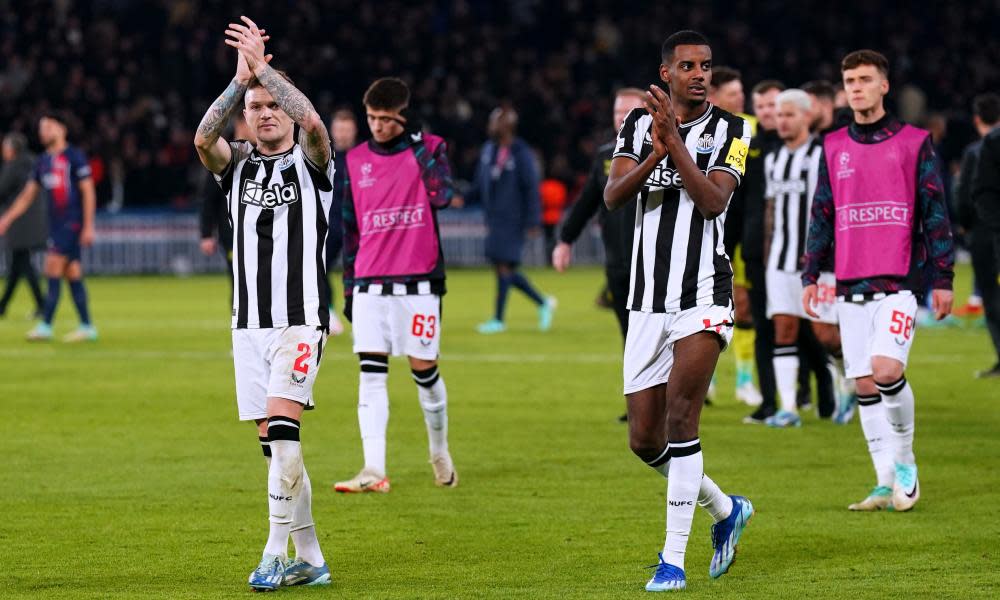The Guardian view on VAR: a slower, longer and fairer game may not be what football fans want

In football, the video assistant referee (VAR) was brought in to reduce the number of controversial decisions. Many fans, with good reason, think the opposite has happened, despite referees’ intuitive, expert judgment being augmented by an off-pitch official viewing match footage. One Champions League VAR official was stood down after a contentious Newcastle penalty decision this week. Refereeing decisions were now so bad, claimed one manager, that they were affecting “reputations” and “livelihoods”.
The use of pitch-side replays and feeds from cameras set up around the pitch was to improve refereeing by reviewing four types of decisions: goals and the violations that precede them, straight red cards, penalties, and mistaken identity when awarding a card. The trouble is that many of the decisions aided by VAR are subjective and depend on how referees view and apply the rules. VAR means decisions now happen long after the action has taken place rather than in the moment. The speed of play affects the quality of decision-making. Referees, one study found, give a harsher foul against a player when they watch a replay in slow motion. If officials need better training then so do some players. Too many footballers appeal to the referee for VAR for trivial matters.
England’s Premier League was the last major domestic European league to adopt VAR in 2019-20, after it helped to correct refereeing decisions in the previous World Cup. While VAR has made hundreds of correct calls since its introduction, this has been overshadowed by numerous controversial decisions – especially those later accepted by referees to be wrong. VAR is also changing the game, critics say, for the worse. Technology is used to make real‑time decisions in cricket, rugby and tennis. But interruptions are part of those sports. In football, VAR reduces spontaneity and introduces stoppages. It slows down – and lengthens – the most beautiful game. When VAR was trialled in the FA Cup in 2018, the then Spurs manager, Mauricio Pochettino, presciently warned that fans would be unhappy.
However, stadium-going supporters are less important than they have ever been to football, which is far more reliant on sponsorship and broadcast revenues than it is on ticket sales. While those at the game scratch their heads as the referee consults VAR, viewers at home are fed a stream of instant punditry and replays. VAR has contributed to the way traditional and social media has turned football into a circus, polarising opinion and spawning conspiracy theories.
VAR poses a deeper question about whether sports should be fairer by rewarding brilliance over low cunning. Football’s magic is that there is always a chance of an underdog upsetting a favourite. Pre‑VAR, people spoke of referees being intimidated by big clubs’ fanatical support or their powerful managers. Technology today, claim the Norwegian academics Kjetil Haugen and Knut Heen, gives already-dominant teams another advantage. Weaker teams benefited from the fact that a referee only had one set of eyes. Now officials can see the game from many angles and in slow motion. The little tricks used by poorer, smaller clubs to level the playing field with footballing giants become more apparent to the referee via VAR. The uncertainty of outcomes in England’s top league has been declining for decades, meaning matches are becoming more predictable. VAR threatens to expedite this development.

 Yahoo News
Yahoo News 
